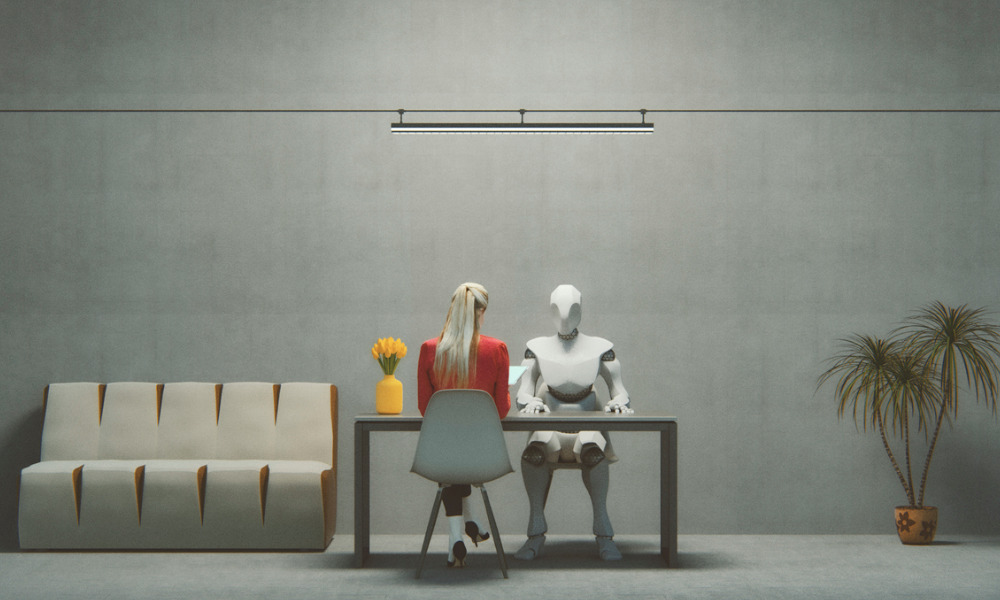
HR pros need to build competencies that machines can't master

Many are struggling to keep up with all the claims and counter-claims about the impact of artificial intelligence on our daily lives. Commentators about the potential positives and negatives of AI trade punches in an almost never-ending cycle.
One thing that commentators and analysts universally agree is that AI will change the future of work, displacing some jobs while also creating many new jobs.
READ MORE: 5 ways artificial intelligence changed the workplace
Against this background, many are looking to future-proof their careers in an AI world. The answer is found in building competencies in areas that machines will be unlikely to tackle effectively, such as complex problem-solving. Creativity will be a cornerstone of success.
Richard Baldwin is one of the world’s leading globalisation experts. He argues that the inhuman speed of the AI transformation threatens to overwhelm our capacity to adapt. He offers three-part advice in his book The Globotics Upheaval: Globalization, Robotics, and the Future of Work:
This advice is reinforced by Marty Neumeier, branding expert and author of Metaskills: Five Talents for the Robotic Age. He highlights five profoundly human abilities as the best safeguards against business or career obsolescence:
READ MORE: Artificial intelligence is here to disrupt industries. Are we ready?
So how does this translate into identifying the skills that will make a person employable in the upcoming AI world?
So-called ‘soft skills’ would seem to be the most important foundation to build upon. These include things like the ability to communicate and work well with others, solve problems, and think outside of the box. A snapshot of such skills would include:
Most of the universities and private colleges in Australia are now offering short courses, online or on campus, to develop these critical skills. Courses include critical thinking and problem solving, negotiation and interpersonal skills, and effective communication.
We can’t predict what all the job roles will be in the 21st century, but we do know that human skills will be in demand. Now is the time to invest in developing these skills to future-proof your career and ensure you are well-positioned for the new and exciting opportunities that will emerge.
Colin Priest is vice president of AI strategy for DataRobot, an automated machine learning platform